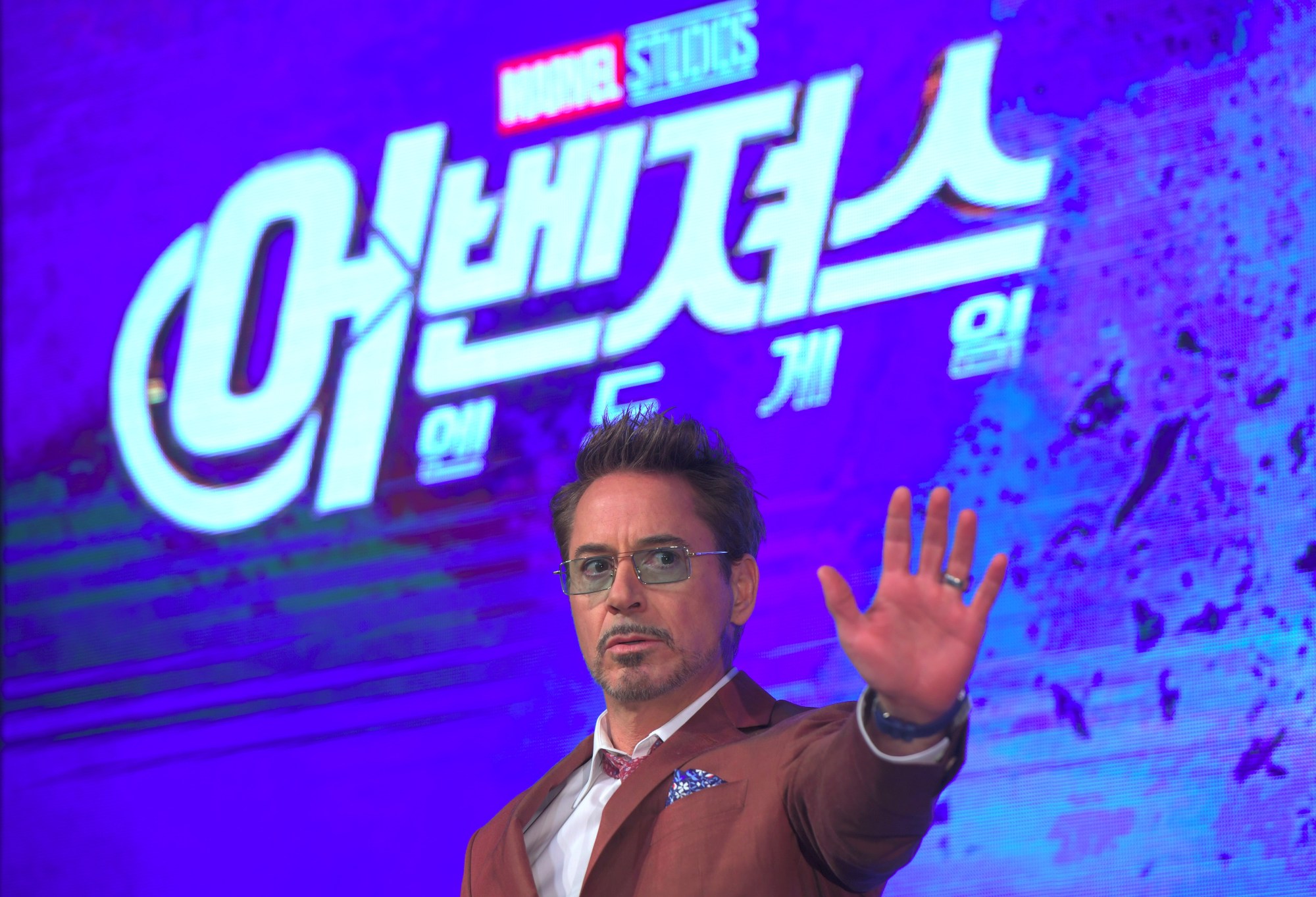
- Industry
Hollywood in South Korea
One in an occasional series exploring the state of Hollywood films in global markets.
For its diminutive size, South Korea is the fourth largest movie market for box office revenue, and the fifth in terms of box office admissions, although there are arguments on Reddit for South Koreans being the top movie ticket buyers in the world outside of the US. Considering that its population is just 51 million, the country has one of the highest movie attendance rates per capita in the world. What is not in dispute is that in that country, VOD services are easily available, it has one of the fastest and cheapest internet providers in the world with no data caps, and piracy is commonplace as most illegal downloaders don’t believe copyright is a thing. A lot of pirated movies in South Korea are available only with Korean subtitles.
In the 1970s the country’s movie industry was subject to strict censorship and government control, and only propaganda movies were made for audiences, according to CSUN cinema studies professor Frances Gateward in Seoul Searching: Culture and Identity in Contemporary Korean Cinema. Gateward talks about how these films were sub-par even for a repressed audience who stayed home in droves and watched television instead. Admissions dropped 60% from 1969 to 1979, and so in the 1980s the government rethought the clampdown and allowed independent films to be produced.
In 1986 more films were allowed to be imported from abroad, with restrictions completely lifted in 1988, at which time US companies began entering the market and setting up offices. South Korean independent filmmakers started getting international acclaim and the government protected the fledgling domestic industry with a screen quota that mandated that movie theaters show domestic films for at least 146 days of the year. Despite the screen enforcement, however, that market share reached no more than 16% by the 1990s, according to media analyst Jennifer Rousse-Marquet who published a study of the industry in The Unique Story of the South Korean Film Industry.
Market share of the domestic industry did eventually start increasing as local business investors entered the market and started financing, producing and distributing films, and domestic box office exceeded that of Hollywood films in the late 1990s, when the US negotiated for a free trade agreement and the South Korean government cut the screen quota to 73 days. This was met with protests by movie employees stung by the fact that domestic exports were only $2 million while imports were over $35 million. But S. Korean filmmakers like Kang Je-gyu and Park Chan-wook continued to make their mark both domestically and internationally, and right now, the Cannes Palme d’Or winner Bong Joon-ho’s Parasite is receiving rave reviews and awards buzz in the US.
But the 900-pound gorilla that is Hollywood now dominates the attention of moviegoers in South Korea. Crossing the $10 million threshold is considered excellent for a film’s performance. Spiderman: Far from Home made $49 million in its first two weeks, which was more than 50% of total weekend box office. It now stands at $58 million.
As of September 22, Ad Astra is the no. 2 film on the charts with about $2 million in revenue and It Chapter 2 has made over $4 million. Hobbes and Shaw cleaned up $26 million in 6 weeks. Toy Story 4 earned $24 million. Aladdin has made $84 million. Avengers: Endgame made $105 million. Disney’s world domination is borne out with these numbers.
According to Variety, six of the top ten films of 2018 were Hollywood productions with Avengers: Infinity War ($92.8 million) and Bohemian Rhapsody ($74 million) taking second and third places, respectively. They trailed only local title Along with the Gods: The Last 49 Days, which reached total box office revenue of $91.9 million for the year. In 2017, only three Hollywood films finished in the top 10 and just two in 2016.
Again, from Variety, “Total box office revenue in 2018 increased by 3 percent to reach $1.62 billion (1.81 trillion Korean won) as the cumulative number of screenings crossed 3,000 for the first time after being in the 2,000 range since 2015. This was due to a considerable jump in the number of new releases to 660 from 495 in 2017.”
Walt Disney Korea came in second with 15.2 percent of the market share for its 10 titles last year behind a local distributor.
Apparently, the crime genre is one of the top draws for the local audience, probably influenced by the TV shows imported from the US. But surprisingly, South Koreans are fans of musicals, reports Juni Kim of the Korea Economic Institute of America. La La Land was released in South Korea before other territories for some reason and became the sixth highest-grossing US film in 2017. Begin Again with Keira Knightley did very well in 2014, in fact earning a third of its total in the country, and a Korean remake is planned. Once, Sing Street and Whiplash were also big hits. Chicago and The Phantom of the Opera were rereleased years after their initial debuts in 2016. Musical theater is also a big draw and Broadway hits like Wicked and Grease have had Korean adaptations to great success.

